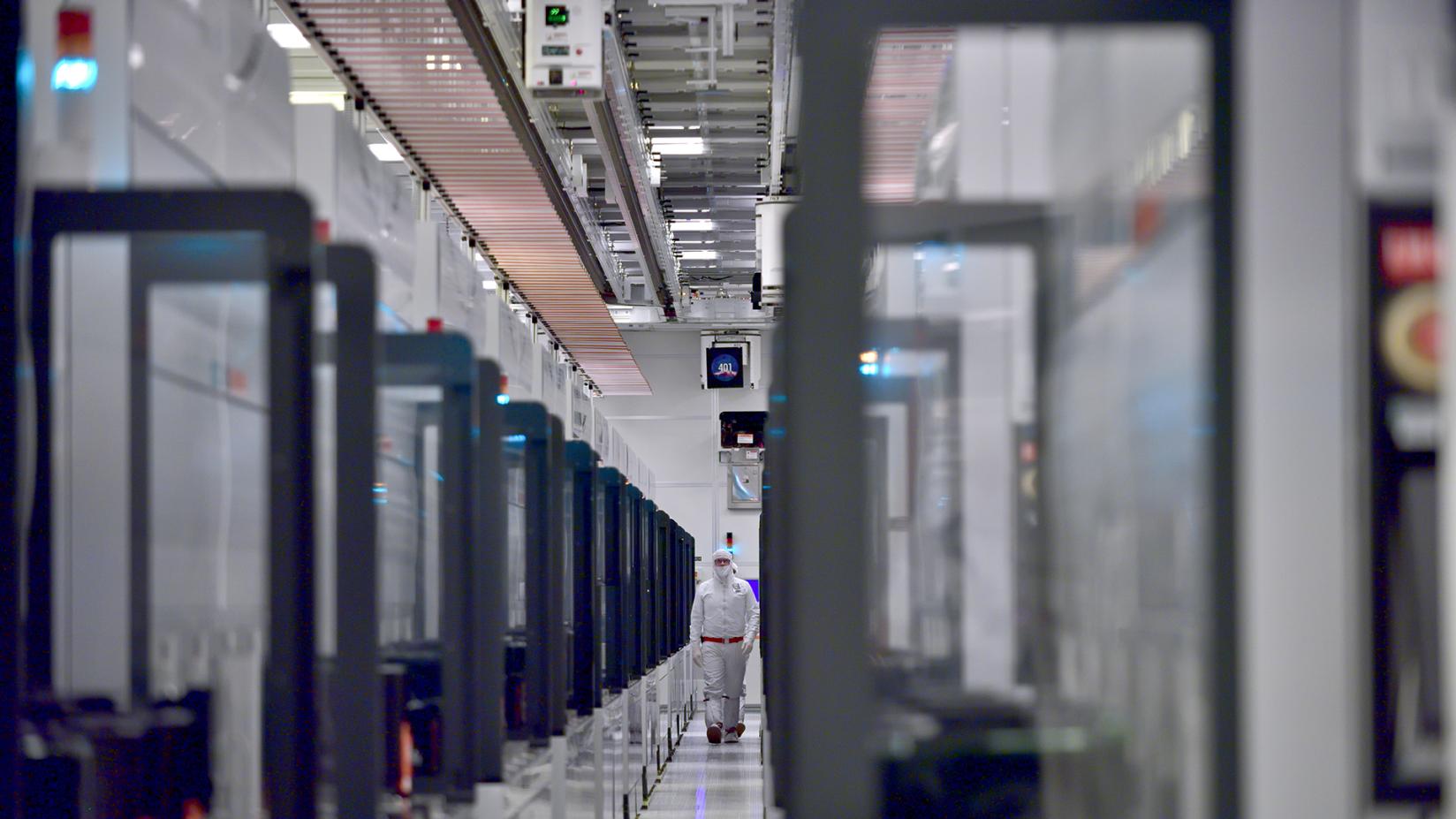
What you need to know
- Intel has invested $33 billion in Germany to build two chip plants.
- The company is also investing $25 billion in Israel to build a new factory.
- Intel's goal is to diversify its area of operations to avoid the shortage of semiconductors, as experienced during the COVID-19 pandemic.
Intel and Germany have signed a new deal that will see the company invest $33 billion, according to a report by Reuters. The investment, cited as "Germany's biggest ever foreign investment," will be used to construct two chip factories in Magdeburg, Saxony-Anhalt, as part of Intel's commitment to expanding its reach across Europe. In 2021, the company also announced its plans to start producing chips for other companies.
The deal has been in the works for several months. Germany will have to pay €10 billion in subsidies to attract the lucrative deal. The German government rejected Intel's initial ask of €10 billion and made a €6.8 billion counter. Intel again turned down the offer, citing that it was too little. But now, both parties have reached a common ground.
Today's agreement is an important step for Germany as a high-tech production location – and for our resilience. With this investment, we are catching up technologically with the world's best and expanding our own capacities for the ecosystem development and production of microchips.
Olaf Scholz, German Deal Chancellor
Intel's subsidy request is in place to cater to the labor cost. During the COVID-19 pandemic, the world experienced a shortage of semiconductors because of the over-reliance on Asian manufacturing. However, the US and Europe are looking to remedy the situation by creating more avenues to source these materials.
The company's first facility in Magdeburg is expected to start operations in the next 4 to 5 years once the European Commission green-lights the subsidy package. Intel added that over 7,000 people will get jobs through this initiative alongside 3,000 high-tech jobs at Intel. What's more, tens of thousands of employment opportunities will also be created across the industry.
Germany is also in the midst of talks with both Taiwan’s TSMC and Sweden’s Northvolt, which will see even more development come to the country.
Alongside this deal, Intel is in the middle of talks with Israel. The deal, still in “preliminary,” will see Intel invest $25 billion in a bid to diversify its area of operations. The investment will be used to build a new factory that will be situated in Kiryat Gat, south of Tel Aviv.
Operations are expected to kick off in 2027 and go through to 2035, when Intel will be expected to pay more tax for the deal, which is 7.5% compared to the usual 5%. However, the company will receive a substantial grant from the Israeli government, translating to 12.8% of the total amount invested.
Intel’s decision to invest in Israel is an expression of confidence in the Israeli economy at a time of global uncertainty. The unprecedentedly large investment will affect the growth of the Israeli economy in the coming years and advance quality employment.
Bezalel Smotrich, Finance Minister
Intel's investment in Israel is geared toward ensuring that the company can satisfy future manufacturing needs while simultaneously creating more support for its IDM 2.0 strategy.
Our intention to expand manufacturing capacity in Israel is driven by our commitment to meeting future manufacturing needs ... and we appreciate the continued support of the Israeli government
Intel
In the interim, Intel has already flagged off some of its projects, such as Arizona's $20 billion chip factories.
Additionally, as part of Intel's expansion of its chip production, the company also announced plans for a mega-site chip factory in Ohio which could take up to $100 billion in investments on top of the initial $20 billion investment. Production on the 1,000-acre site was slated to start in 2025. Intel's CEO, Pat Gelsinger, highlighted that they expect this investment to be the largest silicon manufacturing location on the planet.
By 2030, the chip manufacturing industry is supposed to become a trillion-dollar venture, this is after it expanded from $600 billion in 2021.







